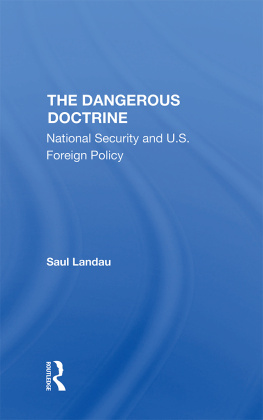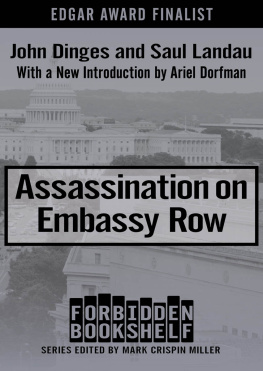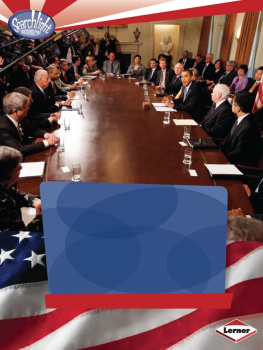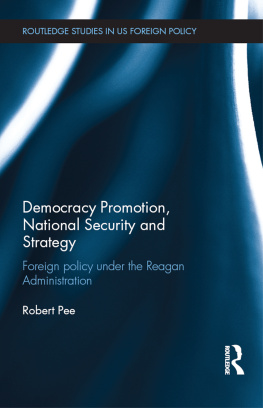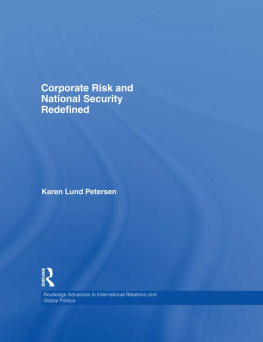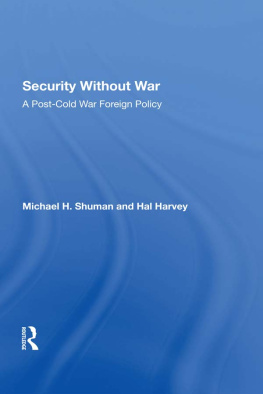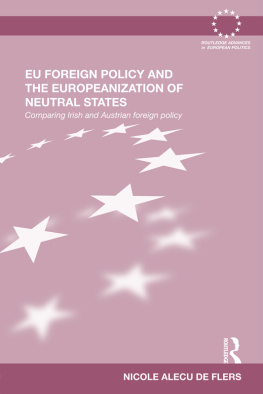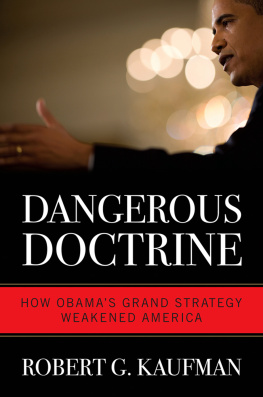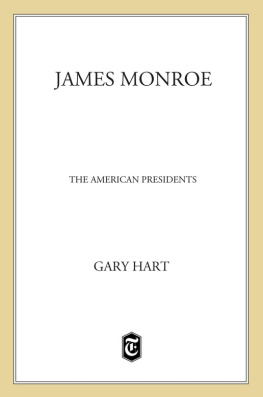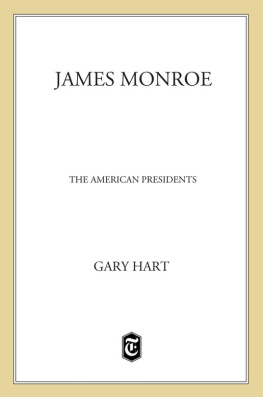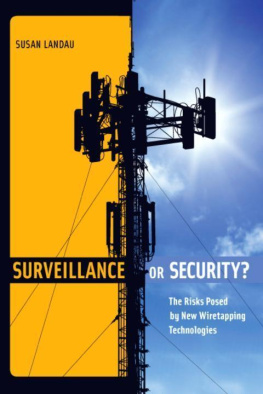THE DANGEROUS DOCTRINE
National Security and U.S. Foreign Policy
About the Book and Author
Ever since President Truman invoked the words "national security" to launch the U.S. side of the cold war, government officials have used the phrase to explain, justify, or excuse executive actions that were dubious, illegal, or, as Senator Sam Ervin said during the Watergate hearings, "on the windy side of the law."
National security does not simply connote ideological anticommunism. Actions taken in the name of national security are placed above and beyond the reach of the law and the Constitution, In The Dangerous Doctrine, Saul Landau reviews the history of national security doctrine from Truman's declaration that national security was at stake in Iran, Greece, and Turkey to subsequent national security justifications of CIA operations in Iran and Guatemala under Eisenhower, Kennedy's fiasco at the Bay of Pigs, Johnson's phantom Tonkin Gulf incident, Nixon's secret bombing of Cambodia, the CIA's role in the 1973 coup in Chile, and the Reagan administration's scandal-ridden policy toward Central America.
Congress's role in previous national security scandals, argues Landau, has been not only to investigate covert action and violations of congressional mandates but to help restore credibility and integrity within the system. The unfortunate result, however, has been to recreate conditions that allow the next administration to abuse the law by appealing to the vagaries of national security interests. Ultimately, he contends, the United States needs to return to the system of law upon which its constitutional government is based and to put an end to the system of permanent exception to that law that the doctrine of national security represents.
Saul Landau is a senior fellow at the Institute for Policy Studies and a member of the Executive Board of Policy Alternatives for the Caribbean and Central America. He has written widely on U.S. policy toward Latin America. He and John Dinges won the Edgar Allen Poe Award for their book Assassination on Embassy Row.
The Dangerous Doctrine
National Security and U.S. Foreign Policy
Saul Landau
First published 1988 by Westview Press
Published 2019 by Routledge
52 Vanderbilt Avenue, New York, NY 10017
2 Park Square, Milton Park, Abingdon, Oxon OX14 4RN
Routledge is an imprint of the Taylor & Francis Group, an informa business
Copyright 1988 by Saul Landau
All rights reserved. No part of this book may be reprinted or reproduced or utilised in any form or by any electronic, mechanical, or other means, now known or hereafter invented, including photocopying and recording, or in any information storage or retrieval system, without permission in writing from the publishers.
Notice:
Product or corporate names may be trademarks or registered trademarks, and are used only for identification and explanation without intent to infringe.
Library of Congress Cataloging-in-Publication Data
Landau, Saul
The dangerous doctrine.
Bibliography: p.
Includes index.
1. United StatesNational security. 2. United
StatesForeign Relations1945 . I. Title.
UA23.L25 1988 355'.033073 87-31635
ISBN 13: 978-0-367-29114-3 (hbk)
Thus far our fortune keeps an upward course,
And we are graced with wreaths of victory.
But in the midst of this bright-shining day,
I spy a black, suspicious, threatening cloud,
That will encounter with our glorious sun,
Ere he attain his easeful western bed.
King Edward from Henry VI, Part III
In 1984, close to the Nicaraguan border, a journalist came upon a Honduran peasant. From his small parcel of land where he grew corn and coffee the peasant could see the radar antennas of a nearby U.S. airbase. For the past year, he had watched in awe as sophisticated aircraft landed and took off. The journalist asked the farmer what he thought about this expensive new equipment and the contra troops and Honduran soldiers who had moved into this previously tranquil area. The farmer chuckled and pointed to his wife. "She plows sometimes; sometimes I plow." The farmer explained that he could not afford to buy an animal to help with plowing, much less a tractor. Yet within eyesight were hundreds of millions of dollars of military equipment. In fact, several of his neighbors had been evicted when the base was built on their land.
Nearby, the peasant acknowledged, the contras had set up a base camp from which they carried out raids into nearby Nicaragua. He had seen gringos enter the area, but he did not know that they were officials of the National Security Council and the CIA as well as retired military officers, all of whom were working overtime to supply the contras, despite a U.S. law forbidding such activities. Just as the small peasants of the area had little concern outside of the effect on their lives of the politics of this affair, so, too, did the fast-moving U.S. officials pay scant attention to the results of their actions on the local population.
Lieutenant Colonel Oliver North, then an obscure NSC staff member, felt such an urgency to supply the counterrevolutionary troops with weapons that he did not think about the consequences of such pressures on the Honduran population. His job, indeed his mission, was to stop the Nicaraguan revolution at all costs. For North, the suppression of the Sandinista revolution was so high a priority that he circumvented U.S. laws and engaged leaders of other nations to do his anti-Sandinista bidding. North had organized not only the contras' resupply organization; he had organized groups of specially trained forces to enter Nicaragua surreptitiously in order to destroy buildings and installations and to kill people. From 1981 on, the U.S. government had been at war with Nicaragua, although Congress had not declared any such war.
In July 1986, at the United Nations, Nicaraguan president Daniel Ortega charged U.S. president Ronald Reagan with violating the basic rules of international behavior by forming a mercenary army called the contras (Spanish shorthand for contrarevolucionarios, or counterrevolutionaries) who under U.S. orders destroyed Nicaraguan property, mined Nicaragua's harbors, killed and kidnapped its people, and even instigated a rebellion among members of the indigenous Indian population. In a 1984 lawsuit brought by the Nicaraguan government, the World Court had found for the Sandinistas and ordered Reagan to desist. But he did not. He told the U.S. public that he had a higher cause, that of stopping communism, a word that he, Colonel North, and many others had come to confuse with popular revolution in Third World countries.
In 1776, the British Crown acted on the basis of its higher cause, as imperial states did against colonies. Among the charges that Thomas Jefferson leveled against King George III were that he had "plundered our seas, ravaged our coasts, burnt our towns, and destroyed the lives of our people." The Declaration of Independence accused the king of "transporting large armies of foreign mercenaries to complete the works of death, desolation, and tyranny, already begun with circumstances of cruelty and perfidy scarcely paralleled in the most barbarous ages, and totally unworthy of the head of a civilized nation." The declaration also expressed indignation regarding the British policy of stirring resentment among the Indian nations against the settlers.

